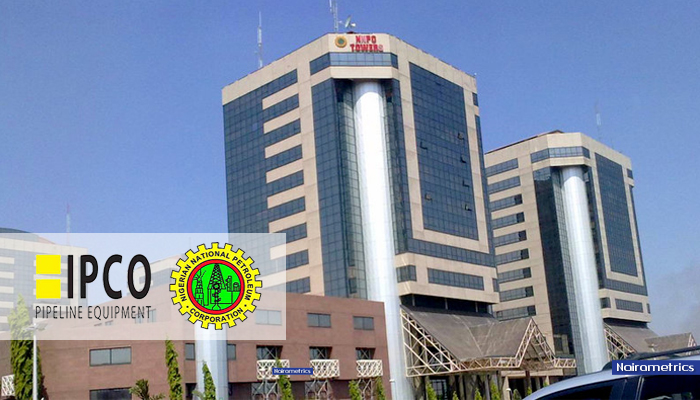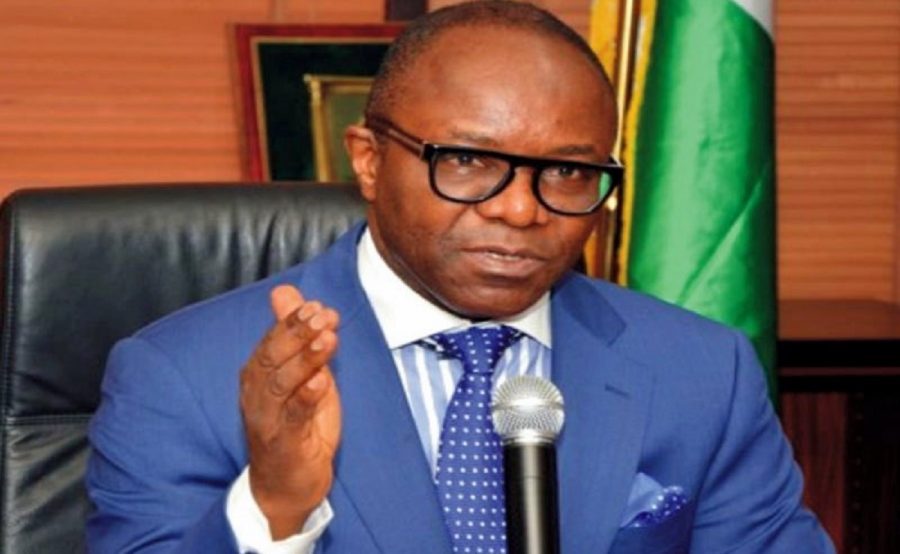Nairametrics| Group Managing Director (GMD) of the Nigerian National Petroleum Corporation (NNPC) Dr. Maikanti Baru has said that the 2019 deadline to exit the importation of petroleum products is still feasible. A representative of the GMD, Mr Saidu Mohammed made the assertion at the ongoing Offshore Technology Conference (OTC) holding in Texas. Government officials in Nigeria are fond of making hyperbolic statements, perhaps to show they are working. However, the reality on ground points to a different direction.
The corporation plan to stop importation will most likely lead to a spike in the cost of petroleum products if some of the issues that currently exist are not fixed. The NNPC is currently the sole importer of petroleum products in the country and has sold at a loss in order to avoid an increase in the pump price. Major petroleum products marketers have refused to import because state approved prices are not reflective of the costs involved. The corporation has been reluctant to adjust the present price template, so as not to increase pump prices, even though a much weaker naira and a crude oil price of over $50 a barrel suggest otherwise.
While the Port Harcourt, Kaduna, and Warri refineries are back on stream, the refineries are old and inefficient. Data from the NNPC Monthly Performance Report for 2017, shows the three refineries averaged a capacity utilization of 35% in January. Individually, some of the refineries have performed even worse. For example, the Kaduna refinery has had a capacity utilization rate of just 26.7%. The poor state of the refineries means they are more likely to break down.
Even though the Dangote refinery is billed to come on stream between 2018/2019 delays are common place and may not be ready in time to compliment government’s efforts.
The necessary reforms needed in the petroleum industry which will reduce importation of petroleum products are encapsulated in the Petroleum Industry Bill (PIB) presently before the National Assembly. There are hopes of at least, a stripped down version of the bill but anything that could usher in a market determined fuel price system will be viewed with apathy by President Buhari.


















